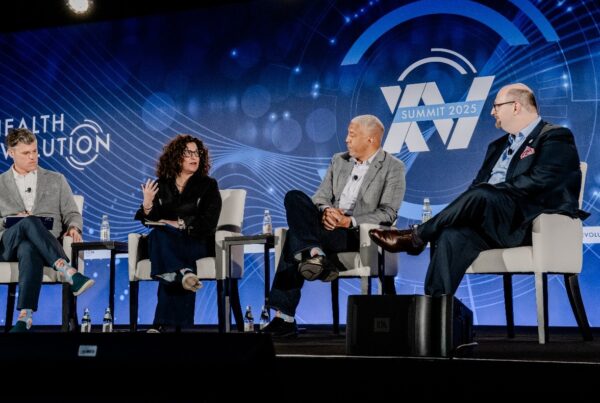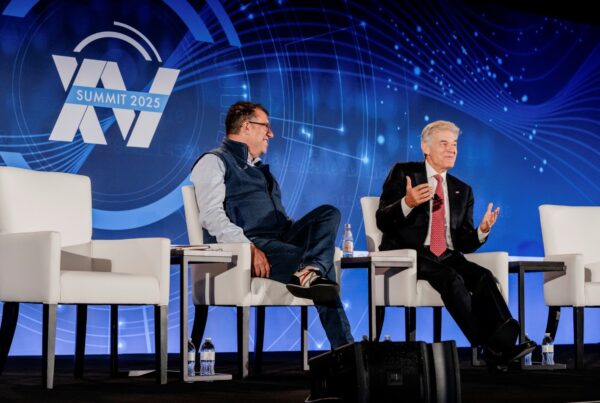The Health Evolution Summit 2021 took place last week. In-person and virtual participants shared a wide array of insights from health care provider, payer, life sciences, government, technology and other executives. Health Evolution will be producing in-depth coverage of the various main stage discussions and recurrent themes in the coming weeks. Moreover, here were some of the most memorable quotes from the three-day event. And a reminder that we plan to gather for the 2022 Summit, April 6-8, again in Laguna. Apply to attend here.
Andy Slavitt, Former Senior Advisor to the Biden Administration, COVID Response

“Delta is really horrific. Imagine being in the U.S. with little natural immunity and Delta hitting at this kind of pace and having no real access to vaccinations – that’s what the picture looks like in Asia, a lot of Africa. Much of the world today doesn’t have a functional health care system. There are people dying in the streets around the world. In some ways this is far worse than 2020.”
Liz Fowler, CMMI Director
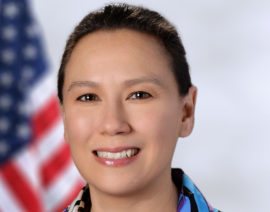
“Among the lessons we’ve learned over the past 10 years since CMMI was established, we need to be doing fewer models and we need be laser focused on health system transformation. The days of letting a thousand flowers bloom are over. Similarly, multiple bundles and APMs for every specialty group might not work. It just perpetuates the fragmentation in the system.”
Wright Lassiter, CEO of Henry Ford Health System
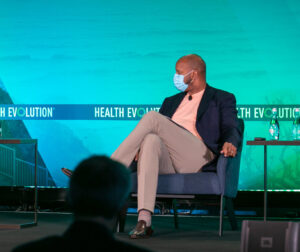
“Trust, whether it’s polarization, different perspectives, it’s not always politically popular to discuss. Some of the hardest issues have a foundation of trust or lack of trust in government, private and public companies. Often times there are folks who don’t trust institutions, it’s the notion of asking the community their feedback rather than bringing the problem to them.”
Felicia Norwood, Executive Vice President & President, Government Business Division, Anthem
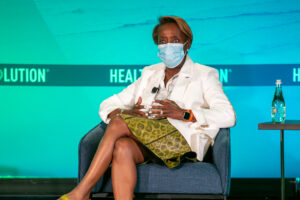
“This is when culture matters. We started a culture journey long before COVID and thank goodness it was there. Our CEO Gail Boudreaux is very thoughtful and purposeful around the culture of our organization, and during COVID, it served us well. It was the north star. It was what mattered most. We had alignment around our values.”
Alexander Hardy, CEO of Genentech
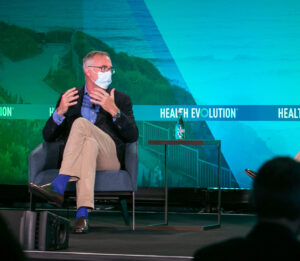
“We’ve got to embrace more market-based reforms. We’ve got to get the competitive forces working more effectively in our health care system […] By doing that we can reduce patient out of pocket costs but we can also sustain innovation. Again in the pandemic we’ve seen that we are leaders in the U.S. in this space, we cannot afford to lose our leadership position by having the wrong-headed policies with unintended consequences.”
David Holmberg, CEO of Highmark Health

“At the end of the day, the pandemic forced us to stop worrying about things that don’t matter and figure out how to not only save lives but also save the health care system where we were responsible. We put up $750 million in shoring up providers and partners who had cash flow issues and needed help. That was critical from keeping this from becoming an all-out catastrophe. We eliminated marginal projects and we doubled down on things we saw had high returns economically and from a purpose standpoint.”
Mandy Cohen, MD, Secretary of the North Carolina Department of Health and Human Services (DHHS)
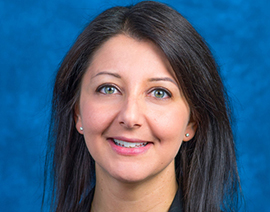
“The entire COVID response has been a partnership. We could have never been successful if we tried to do this from the government space alone or with the private sector alone. It was an important collaboration for both sides and it will be important to continue that.”
Malinka Walaliyadde, CEO of AKASA
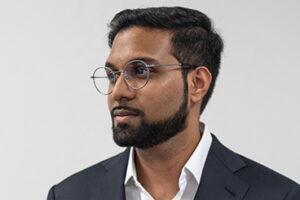
“It’s so common for people in health care to want to learn from other industries. You never hear people from e-commerce and banking ask, ‘How do the people in health care do this?’ I would love to go to a big e-commerce or banking conference in 10 years and hear them talk about how the people in health care made a huge digital transformation.”
Greg Adams, Chair & CEO, Kaiser Permanente
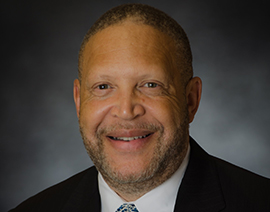
“What we’ve done in the past isn’t good enough. What should we be doing now? A big part of building trust is engaging and listening and building the relationships that allow communities to see us own our inadequacies. None of us is perfect. We are on a journey and we are going to make mistakes. As we go through the door we go through together as gay and lesbian, as Latinx. We do it for everyone. That is such an important message.”
Janice Nevin, MD, President & CEO, ChristianaCare
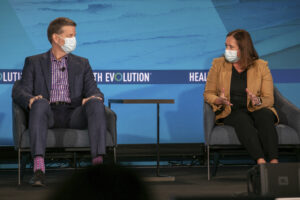
“Any CEO in the country right now is deeply concerned about workforce issues. The most important thing we do is keep people safe — keep our caregivers and employees safe and that has become increasingly challenging in the last year and a half. We created a vaccine mandate and are managing a vocal minority but most of the responses we received are “thank you.” The vast majority of people are still engaged. They care deeply about the work they’re doing. We have to focus on that part of the workforce that still is finding joy and meaning at work.”
Rod Hochman, MD, CEO of Providence
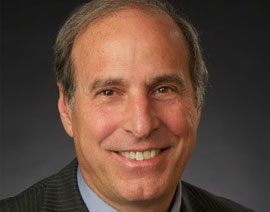
“Today, [the industry is] desperately trying to make sure all the hospital and ICU beds are staffed. Right now, there’s a Hunger Games on agency staffing around the country and we’re dealing with that on a regular basis. We have to get through this acute phase and fill in gaps. In the long term, we have to look at how to expand the workforce so we are no longer always coming from behind.”
Christopher Chen, MD, CEO, ChenMed
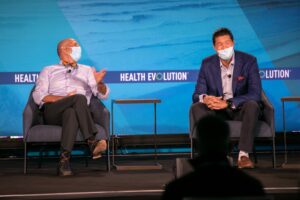
“I tell new employees that transformation is hard. You are taking on $3.8 trillion of embedded practices. Essentially the health care system is twice the size of Russia, so every day you go to work and try to take on two Russias — that’s a challenge. We have incumbents in every city controlling health care and they try to prevent innovation, continue to consolidate and eliminate free market forces. We need courage to stand up and continue to move care from being rewarded for more acute cases, more expensive care, more preventable catastrophic events. Two Russias every day — it’s going to be hard.”
Jan Berger, MD, CEO, Health Intelligence Partners & Chief Clinical Officer, DayTwo
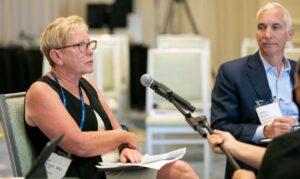
“We’ve seen really good studies about how churches, synagogues, mosques, barbershops, and beauty shops are the most trusted places for health care in this country. My mother’s caregiver’s church told them if they got vaccinated, they were not welcome back in the church. The health care system is not the most trusted place for health care. If we’re going to intervene, we cannot make some of the assumptions that we’ve made up until today.”
Mario Schlosser, CEO & Co-founder, Oscar Health
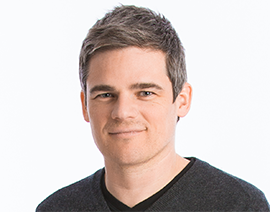
“The traditional payer is going to go extinct in the next 10 years. It should be on your strategic radar screen. Having the most longitudinal, ubiquitous data and the best mathematical quantitative models to maximize quality of life and then put the right incentives in place for providers and members to get to the right place at the right time – I see our role as nudging providers in that direction.”
David Ricks, Chairman and CEO of Eli Lilly & Company
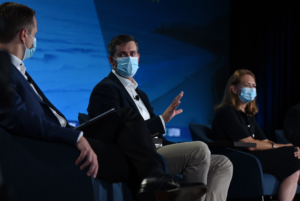
“There is this wave of underlying technology and understanding driving genomic-based therapies, gene editing and therapy, RNA. Volume is a major issue at the regulatory level and the FDA has done a better job than most but we don’t make drugs for one regulator, we make them for all regulators. We can’t develop drugs for five geographies, it has to be one.”
Amy Abernethy, MD, PhD, President, Clinical Research Business, Verily

“I’m seeing two megatrends. The first is 21st Century Cures Act signals a direction that I anticipate means we will continue toward earlier approval and there’s going to be a shift to the expectation of continued evaluation across time. The second is right now we plan one trial for one question. We’ve known about platform trials to pair clinical data with real-world evidence and these are going to move us to think about one-to-many approaches in our platform for clinical trials.”
Micky Tripathi, PhD, National Coordinator for Health IT
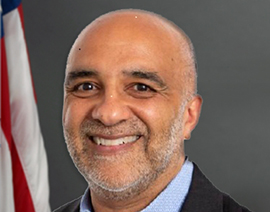
“Right now, payers will pay individual EHR vendors for access to CCDA, whatever the price is per CCDA. Each payer is paying their own toll and, meanwhile, we have this separate pipe with the same information but those networks don’t allow use cases. By the same token, providers don’t have access to all of their claims data, so they are forced to navigate primitive methods to get the claims data payers are willing to make available. This should all be commodities, low-cost at scale.”
Helen Adeosun, CEO and Founder of CareAcademy
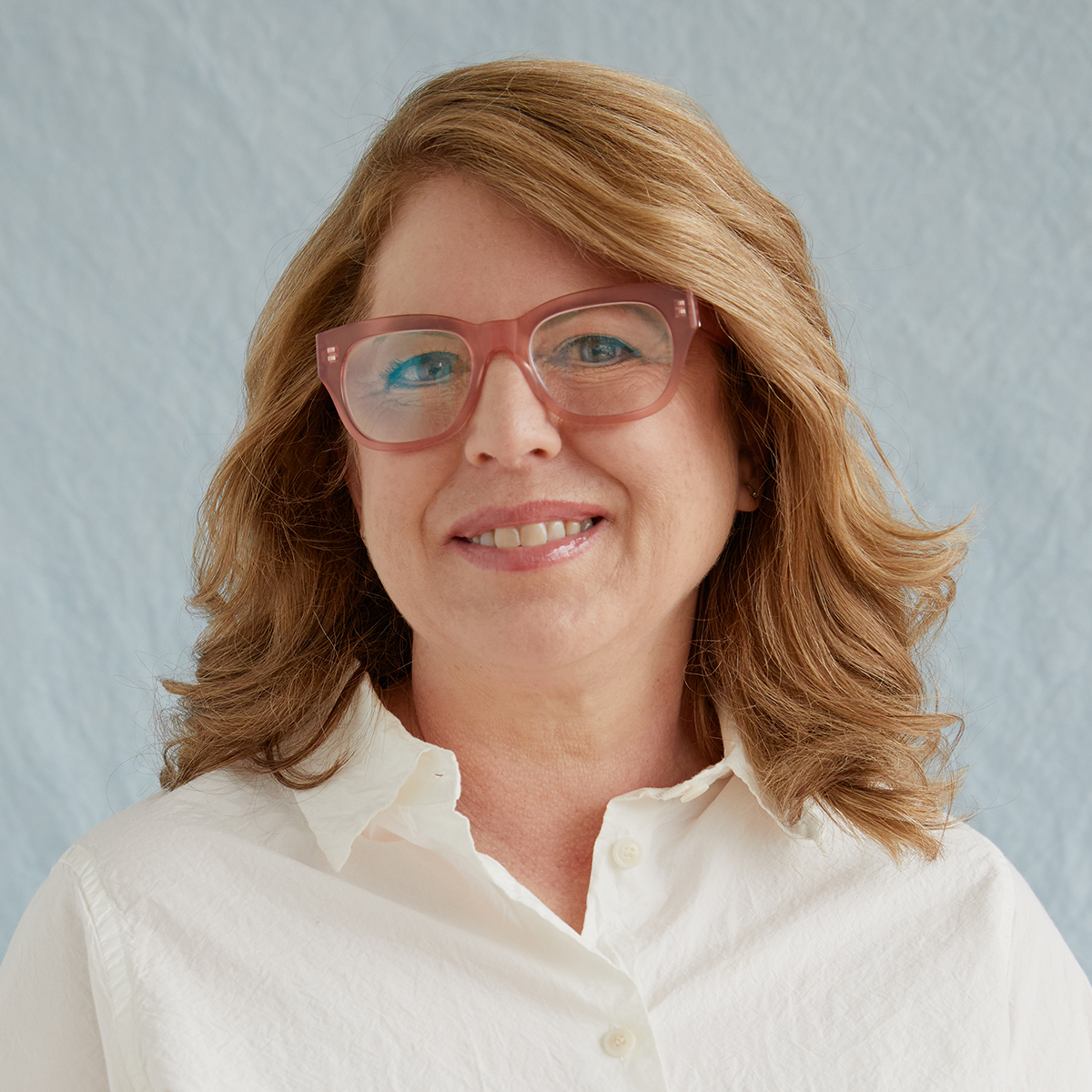
“This moment is making people revisit and re-envision the health care system from inside the four walls of the hospital on out. It was already a drumbeat that was happening. Health care has to get outside itself. It has to make real attempts at building relationships within communities. Beyond COVID, it’s about building trust. It’s about doing the real work of prevention, not just prevention of COVID transmission, but prevention of the other high co-morbidities that exist within other communities.”
Christophe Weber, President & CEO, Takeda Pharmaceutical

“We need to ask ourselves whether there are any unintended consequences that we need to address. Moral and political issues are something we are now addressing but it would be too easy to dismiss [gene editing and therapies] just because there are moral or political issues.”
Chris Toth, CEO, Varian, a Siemens Healthineers Company

“If you look at tools like CRISPR, gene editing tools and understanding biology in new ways, we are entering a new era that will propel us toward personalized medicine and make many diseases more chronic and manageable.”







